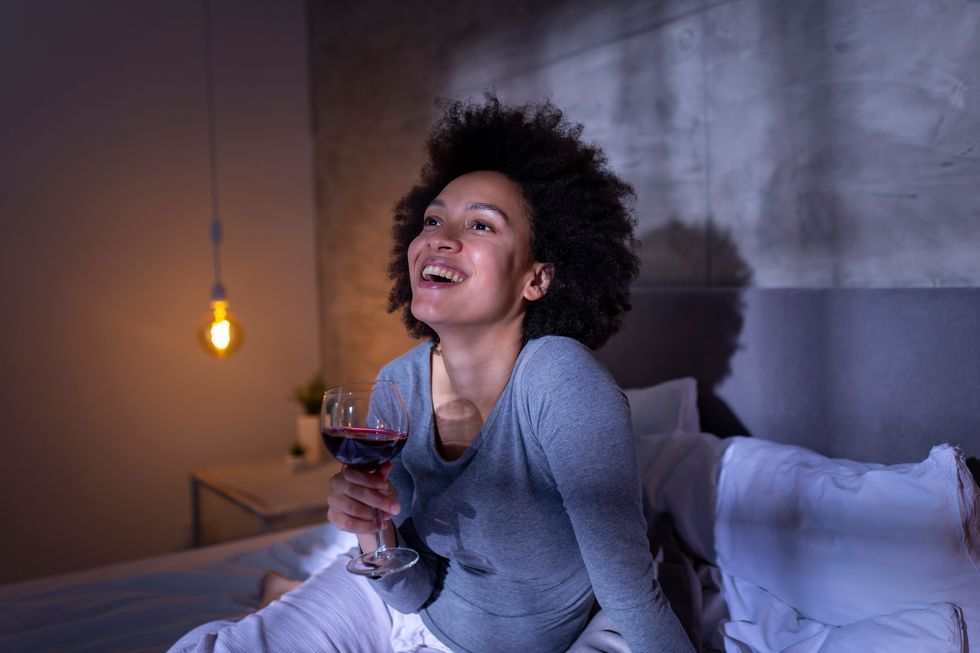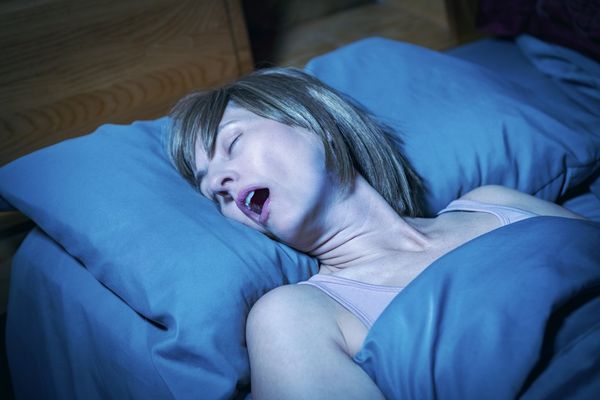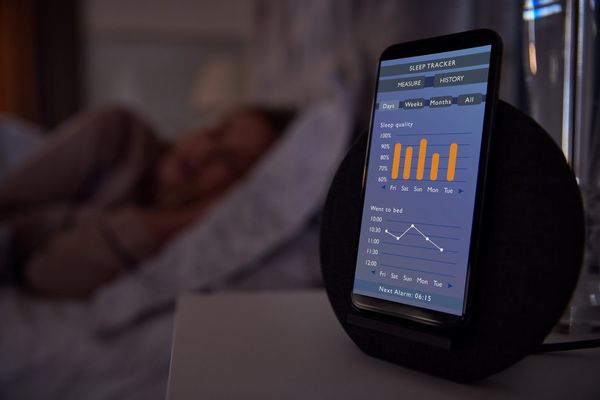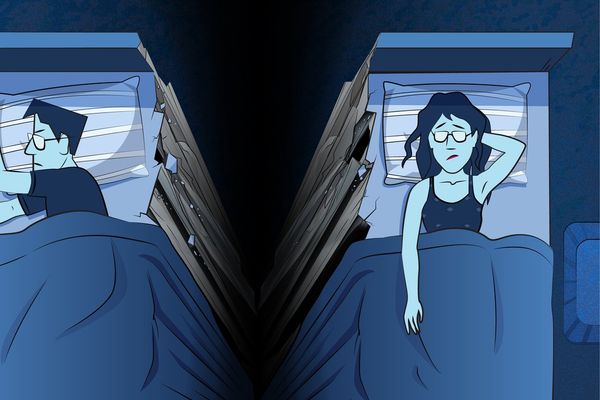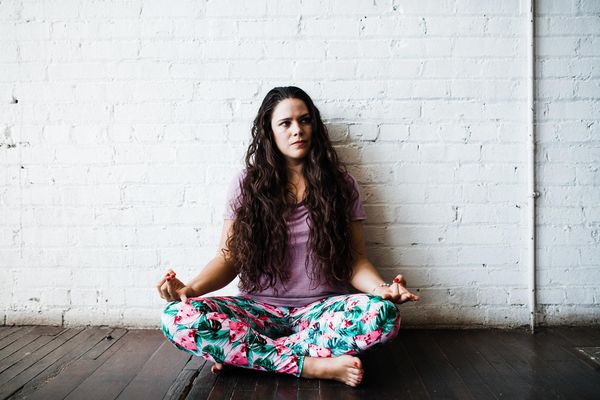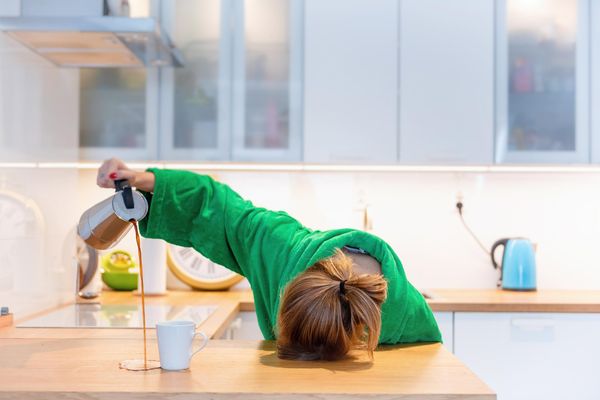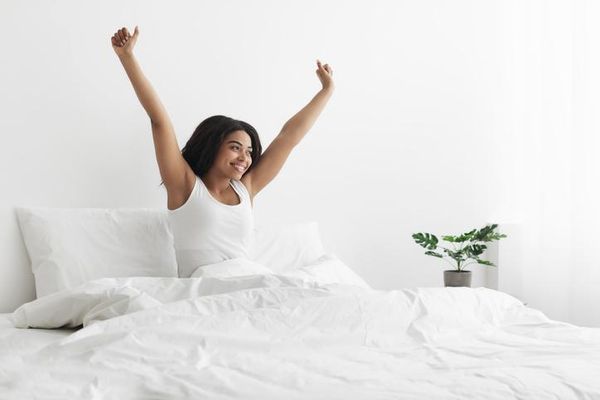It's not surprising that we're a little sleepy after drinking beer, wine or spirits. In fact, as many as 20 percent of Americans use alcohol to help them fall sleep, according to the National Sleep Foundation. While that nightcap before bed can help you fall asleep faster, you'll be left with poor quality shuteye. It may not be a smart way to help you nod off and get solid slumber after all.
Here is what is happening:
You mess with your circadian rhythm.
Yes, you may fall asleep quickly after drinking. But you often wake up in the middle of the night. Why? Alcohol may impact the normal production of chemicals in the body that trigger sleepiness when you've been awake for a while and subside once you've had enough sleep. After you're done drinking, you have more adenosine, a sleep-inducing brain chemical. So you fall asleep faster. But, it subsides quickly, so you're likely to awaken before you're truly rested.
You don't get REM sleep.
REM sleep is often considered the most restorative sleep. It's the deepest stage of sleep, the one during which you dream. But, when you drink, REM sleep is blocked. You're likely to wake up feeling groggy and unfocused thanks to less REM sleep. Plus, since REM sleep helps boost memory, concentration and learning, you'll have a rough day.
You have breathing difficulties.
Alcohol causes your whole body to relax, including your throat muscles. That makes you more prone to and worsens sleep issues like sleep apnea (a condition in which breathing is interrupted during sleep) and snoring. Read about the most common sleep disorders.
You make extra bathroom trips.
Your body knows that nights aren't for trips to the restroom. However, since alcohol is a diuretic, you'll need to empty your bladder during the night. And that means your normal sleep patterns are interrupted. These are the top sleep stealers and how to combat them.
How to get better sleep with alcohol
If you do want to drink a little bit, here are some tips on how to still get a decent night's sleep.
Use the old two-for-one rule.
Drink two glasses of water for every one alcoholic drink. That will help flush alcohol out of your system. If you're having wine or a sugary drink, consume even more water; your body will need to flush out alcohol plus sugar. Find out the secrets of good sleepers.
Allow time before drinking and bedtime.
Aim to finish your beverage three to four hours before you want to hit the pillow. So if you want to go to sleep at 9 p.m., stop boozing by 6 p.m. The exact time, however, varies depending on your size, gender and alcohol intake.
Avoid fizz.
Bubbles in fizzy, carbonated mixers can cause gas and bloating, which distend our stomach. That gives more surface area for alcohol to be absorbed and interrupts your sleep.
- Sleep Disorders - HealthyWomen ›
- 8 Foods That Help You Sleep - HealthyWomen ›
- 7 Surprising Reasons You're Tired All the Time - HealthyWomen ›
- Sleep Hygiene: Why You Need a Better Bedtime Ritual ... ›
- 5 Things That Sabotage Your Sleep - HealthyWomen ›
- Why Alcohol Affects You More As You Age - HealthyWomen ›
- Good Sex with Emily Jamea: Alcohol, Women and Sex - HealthyWomen ›
- How Alcohol Affects Your Sex Life - HealthyWomen ›

